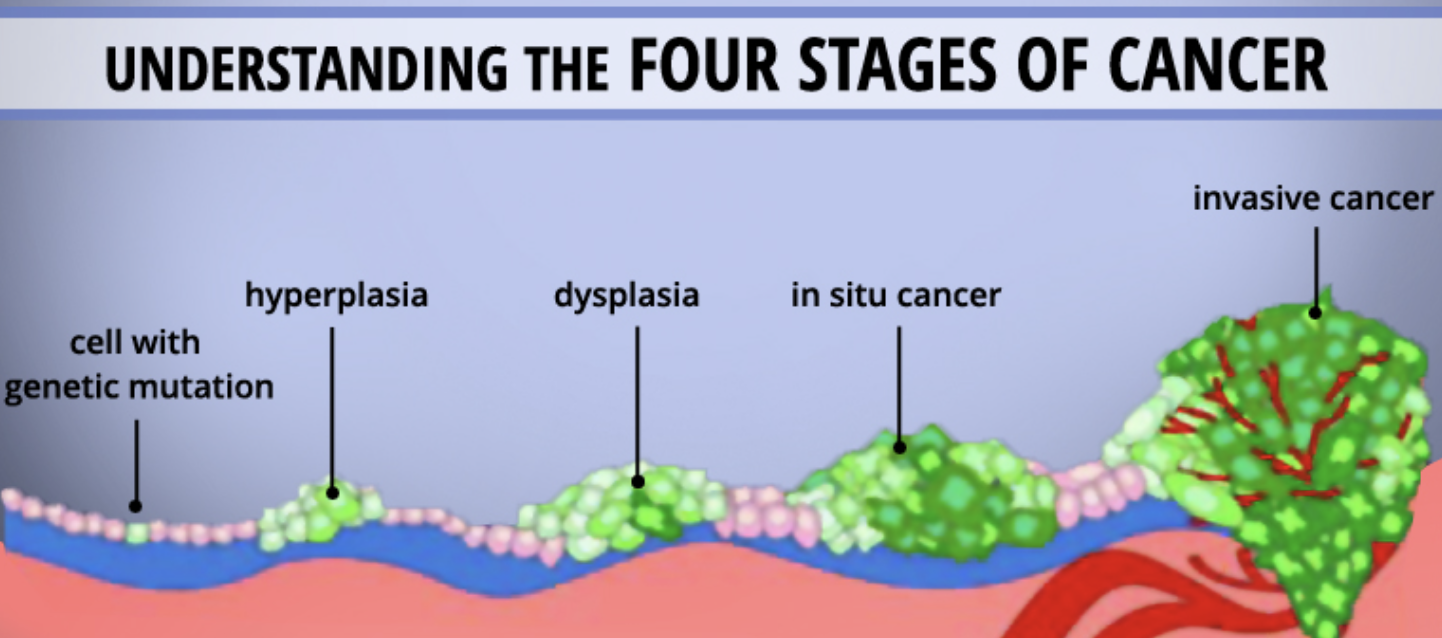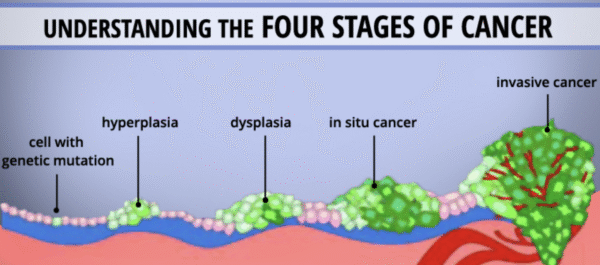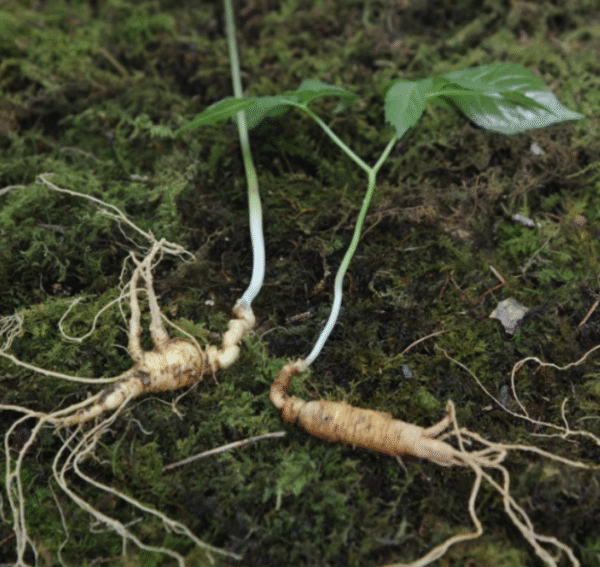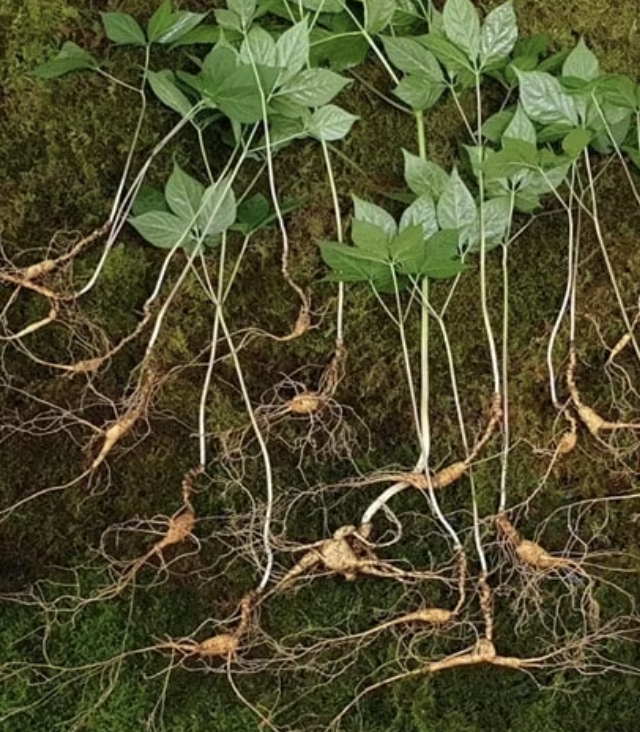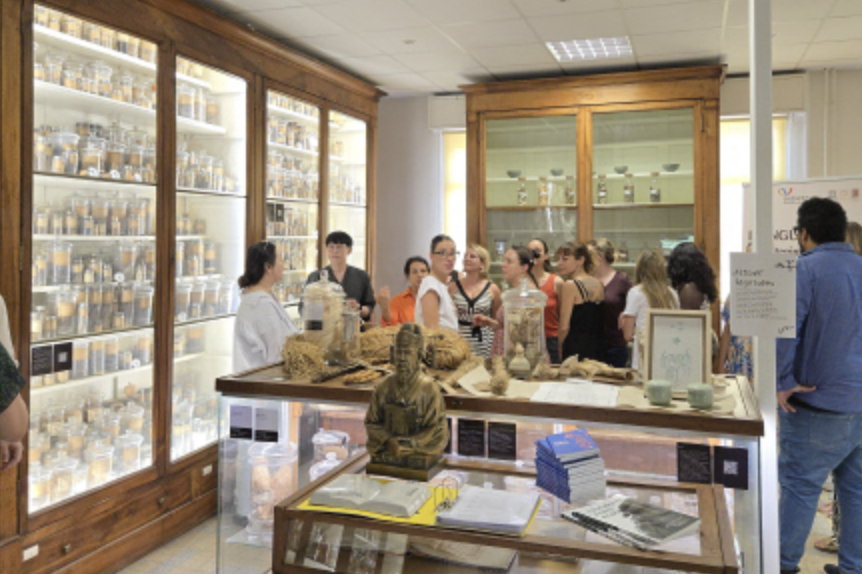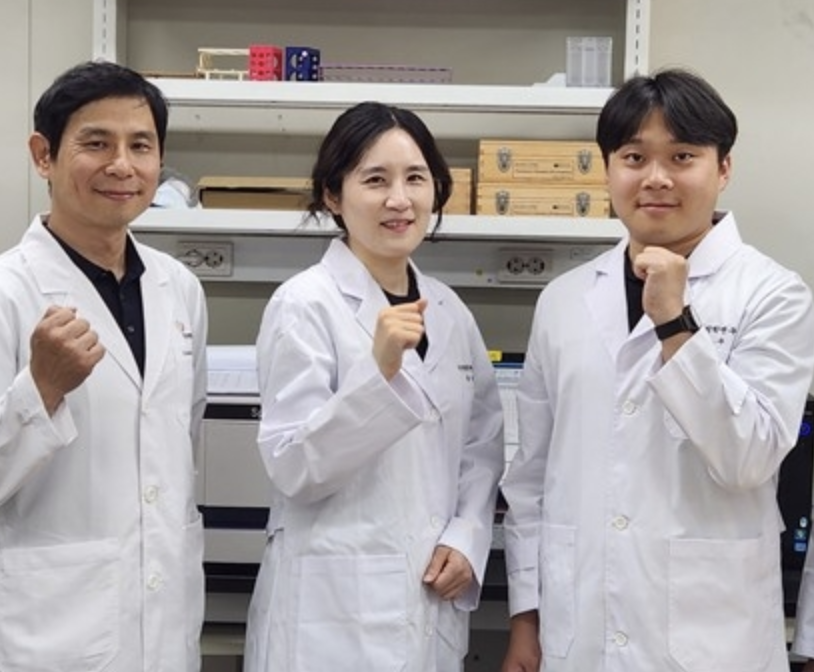Ginseng (Panax ginseng C.A. Meyer), a medicinal plant used for centuries in East Asia, is gaining global attention for its potent anti-cancer properties. Scientific research has identified ginsenosides, the primary active saponins in ginseng, as promising agents in cancer prevention and treatment.
Modern pharmacological studies have revealed that ginsenosides suppress tumor development through multi-targeted mechanisms, including apoptosis induction, inhibition of angiogenesis, cell cycle arrest, and immune modulation. These actions make ginseng an exceptional natural anti-cancer supplement that complements both preventive and therapeutic strategies.
👉 Buy High-Potency Ginseng Extract Now
🔬 1. Major Ginsenosides with Anti-Cancer Activity
✅ Rg3
Suppresses proliferation and invasion in various cancers including breast, lung, prostate, and colorectal.
Induces apoptosis via caspase-3/9, increases Bax/Bcl-2 ratio, and inhibits VEGF-mediated angiogenesis.
✅ Rh2
Especially effective against liver and colorectal cancers.
Promotes cell cycle arrest at the G1/S phase, triggers mitochondria-mediated apoptosis, and disrupts DNA replication in cancer cells.
✅ Compound K
A gut-metabolized form of Rb1/Rb2, with excellent bioavailability.
Modulates NF-κB, STAT3, and PI3K/Akt pathways to prevent tumorigenesis.
Proven to reduce tumor size and metastasis in xenograft models.
✅ Rg1 & Rb1
Rg1 protects normal cells during chemotherapy and supports immune function.
Rb1 inhibits tumor cell proliferation and inflammation while preserving normal cell viability.
🧬 2. Cellular and Molecular Mechanisms
A. Apoptosis Induction
Ginsenosides initiate programmed cell death (apoptosis) in tumor cells through both intrinsic (mitochondrial) and extrinsic (death receptor) pathways. They activate:
Caspase-8, -9, and -3
Release of cytochrome c
Upregulation of pro-apoptotic Bax and downregulation of anti-apoptotic Bcl-2
B. Inhibition of Angiogenesis
Ginsenosides, especially Rg3, block tumor blood vessel formation by:
Inhibiting vascular endothelial growth factor (VEGF)
Suppressing HIF-1α expression
Downregulating angiogenesis-associated genes
C. Cell Cycle Arrest
Ginsenosides halt cancer cell proliferation by:
Arresting the G0/G1 or G2/M phase
Downregulating cyclins and CDKs (Cyclin D1, CDK4)
Upregulating p21 and p53 tumor suppressor proteins
D. Modulation of Inflammatory Signaling
Chronic inflammation fuels tumor progression. Ginsenosides suppress pro-cancerous cytokines like TNF-α, IL-6, and IL-1β by:
Blocking NF-κB nuclear translocation
Inhibiting COX-2 and iNOS expression
Enhancing Nrf2/HO-1 antioxidant defense
E. Inhibition of Metastasis
Rg3 and Rh2 reduce matrix metalloproteinases (MMP-2 and MMP-9), which degrade extracellular matrix.
Suppress epithelial-mesenchymal transition (EMT), a key process in metastasis.
📊 3. Evidence from In Vitro, In Vivo, and Clinical Studies
In vitro: Ginsenosides effectively inhibit the proliferation of more than 20 types of human cancer cell lines including gastric, hepatic, colon, breast, prostate, and melanoma.
In vivo: Mouse models with implanted tumors show reduced tumor size and metastasis when treated with oral red ginseng extract or purified Rg3/Rh2.
Clinical trials: A double-blind study on post-surgery lung cancer patients found that those taking Rg3 had longer recurrence-free survival.
💡 4. E-E-A-T Credentials: Scientific Trust and Authority
Research cited in PubMed, PMC, Journal of Ginseng Research, and Cancer Letters.
Supported by peer-reviewed clinical trials, animal models, and biochemical assays.
Clear mechanistic evidence across multiple cell types and signaling pathways.
🌱 5. Long-Term Ginseng Use and Cancer Prevention
Regular use of standardized ginseng extracts is associated with:
Reduced oxidative stress (via Nrf2 pathway)
Immune system strengthening (via NK cell activity)
Improved detoxification and liver health
Hormonal balance, especially in estrogen- or androgen-sensitive cancers
For best results:
Use red or fermented ginseng, rich in Rg3 and compound K.
Take daily standardized doses (e.g., 1–3 g/day or 200–400 mg of ginsenosides).
Combine with a healthy diet and lifestyle for maximum cancer-preventive effect.
✅ Conclusion: Ginseng as a Natural Cancer-Fighting Ally
Scientific evidence confirms that ginseng and its compounds like Rg3, Rh2, and compound K inhibit cancer growth through apoptosis, anti-inflammation, and anti-angiogenesis. These multi-target effects make ginseng a valuable, natural addition to cancer-prevention strategies or supportive therapies alongside conventional treatments.
By choosing high-quality, standardized ginseng and incorporating it into daily life, individuals may benefit from a safe, effective, and natural anti-cancer defense.
#ginseng #anticancer #ginsenosides #tumorinhibition #naturalmedicine



